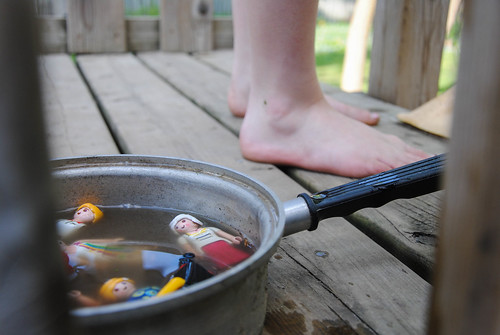
I keep a record of the books I'm reading here (which is to say, there), but occasionally I feel the urge to write about a book I've read here (which is to say, here).
Last night, up far too late, I finished Miriam Toews' ALL MY PUNY SORROWS. This is the kind of book for which book clubs were invented -- a lot of book clubs are about friends getting together and drinking wine and the book is the excuse, I get that, but nevertheless there's a genuine need underlying the concept of the book club. After finishing a heartbreaking resonant emotionally complex narrative don't you just want to gather some friends immediately and talk about it?
ALL MY PUNY SORROWS is a semi-autobiographical novel about the relationship between sisters, one exquisitely talented and suicidal, and the other a bit of a mess and desperate to save her sister's life. As in all of Miriam Toews' novels, the bit characters are as vividly drawn and unique as everyone else, and humour hums silvery through the anguish and grief. But this novel feels different to me, too. It is more raw and immediate, less polished, a straight throughway from beginning to end of almost (seemingly) unmediated experience. People don't behave like you want them to. They behave like people.
The mother of these two sisters, who has also lost her husband to suicide, is the most brilliantly drawn loved and loving independent fearless woman I can remember reading in a book, ever. Her depth of soul and lightness of spirit anchors the narrative. But even her love cannot anchor her daughters. And that seems to be part of the book's message (though it's not a "message" book): that we are responsible for our own lives, that we can only carry the weight of responsibility for the things that are ours to change. And the lives of others do not belong to us, even when we're mothers. We raise our kids up with love and care, and we offer love and care pretty much forever, as long as we're living, but that's all we can do. The mother tells her daughter near the end of the book that letting go of a grief is more painful than holding onto it, but it's what she hopes her daughter will be able to do.
Maybe if you've lost a husband and a daughter to suicide, you understand profoundly how little your love can cure or save someone who doesn't want to be saved. That doesn't mean you don't try to save someone. That means that life is not about problem-solving, even though we may wish it to be so. We may wish to pour our minds into solutions and fix what's broken, especially on a personal level, especially in families, and that's a good impulse, I'm not saying it's not. But to survive trauma and grief without becoming bitter, we have to recognize that we're not that important. We're not in charge of other people's choices. We're in charge of our own puny sorrows.
What we can offer are small, ordinary gifts. But a gift is a gift, isn't it. It doesn't ask for anything in return.
There's some strangeness to reading this book, knowing Miriam Toews' personal history, which cleaves closely to the book's story. It's difficult to read it as fiction, I guess.
One final observation: it's been awhile since I've read a book that references so many other books. Entire poems are recited by characters, for example. I loved that. Reading as comfort and connection, as a way to speak the unspeakable. Words might not save us, but they may just console us. We read and we are less alone.Labels: book review, books, canlit, mothering, reading, spirit
